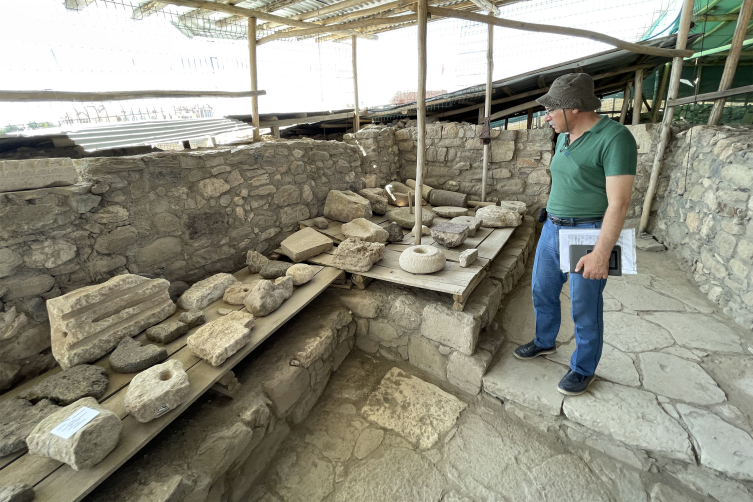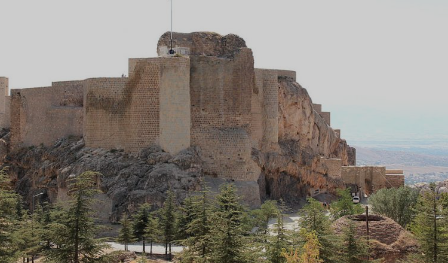Shadi
Kurdshop - Kharpit Castle is one of the Urartu castles and it is also known as the Shir Castle. This castle is located on the borders of Alzizi Province in the Northern part of Kurdistan. The castle consists of two parts the inside and outside.
According to the myths, it is called Shir (milk) castle because as it was being built, instead of water they mixed milk with the cement. Based on another narration, when the castle was built, water was scarce in that region so they applied milk instead of water for making it.
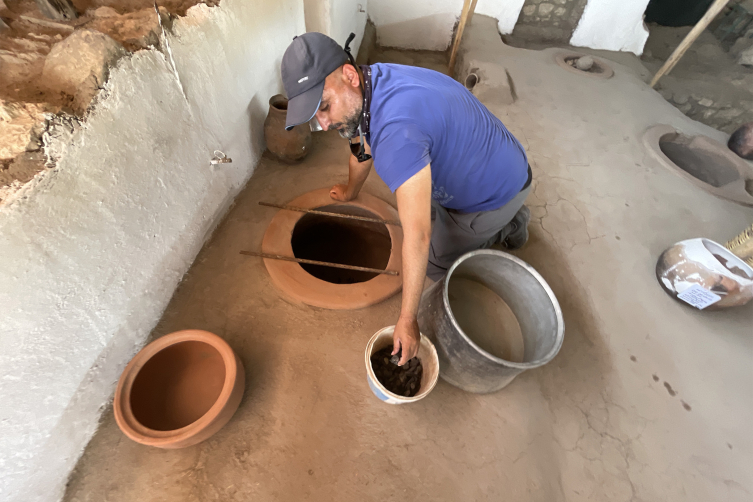
In the historical Kharpit castle, the researches and investigations are still going on. Now, an ancient restaurant as old as one thousand years old has been found in the castle.
The researchers in Kharpit castle said: they have found several items belonging to the Byzantine, Artouki, Seljukian, and the Ottomans eras.
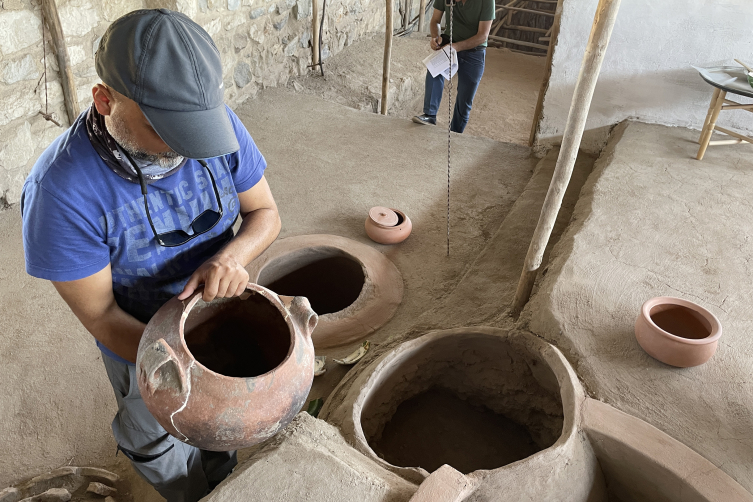
The head of the research team in Kharpit, Professor D. Ismael Aytach, pointed out that the restaurant section found in Kharpit castle is as old as one thousand years and continued: "Food and other things belonging to the Byzantine, Artouklou, Seljukian, and the Ottomans eras have been found here. Based on our findings this restaurant was used until 1860."
Professor D. Ismael Aytach also mentioned that 6 ovens and 2 pieces of clay jugs were found here. He said: "There are some ovens that are built inside each other." Large and small pieces of bones have been found inside them.
Until 1860, people had lived in Kharpit castle but after modern cities were built around the castle, people began to leave the castle and moved to those cities.
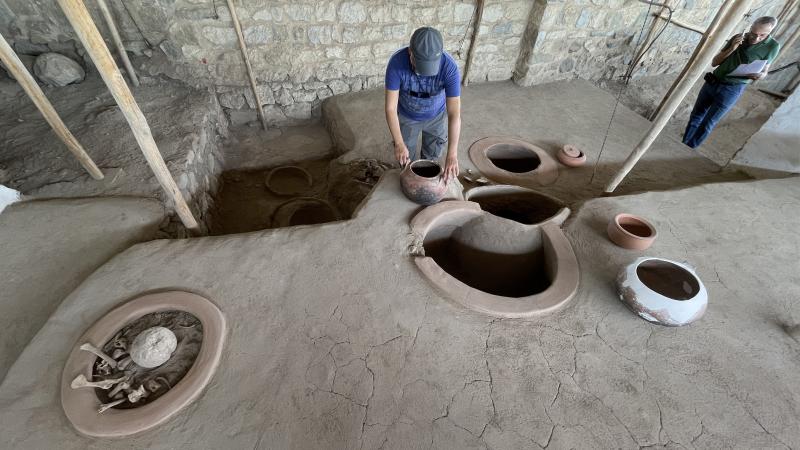
The famous Turkish traveler, Awliya Chalabi, talked about the historical city of Kharpit and said that it is located on the border of Kurdistan. It has a very beautiful and mild climate and the inhabitants are all Kurds and Armenians.
Kharpit Castle possesses a unique prosperity. It is located in Alzizi in the North part of Kurdistan and its history goes back to the eighth century BC. The oldest monuments of the Urartu civilization are found in this castle.
